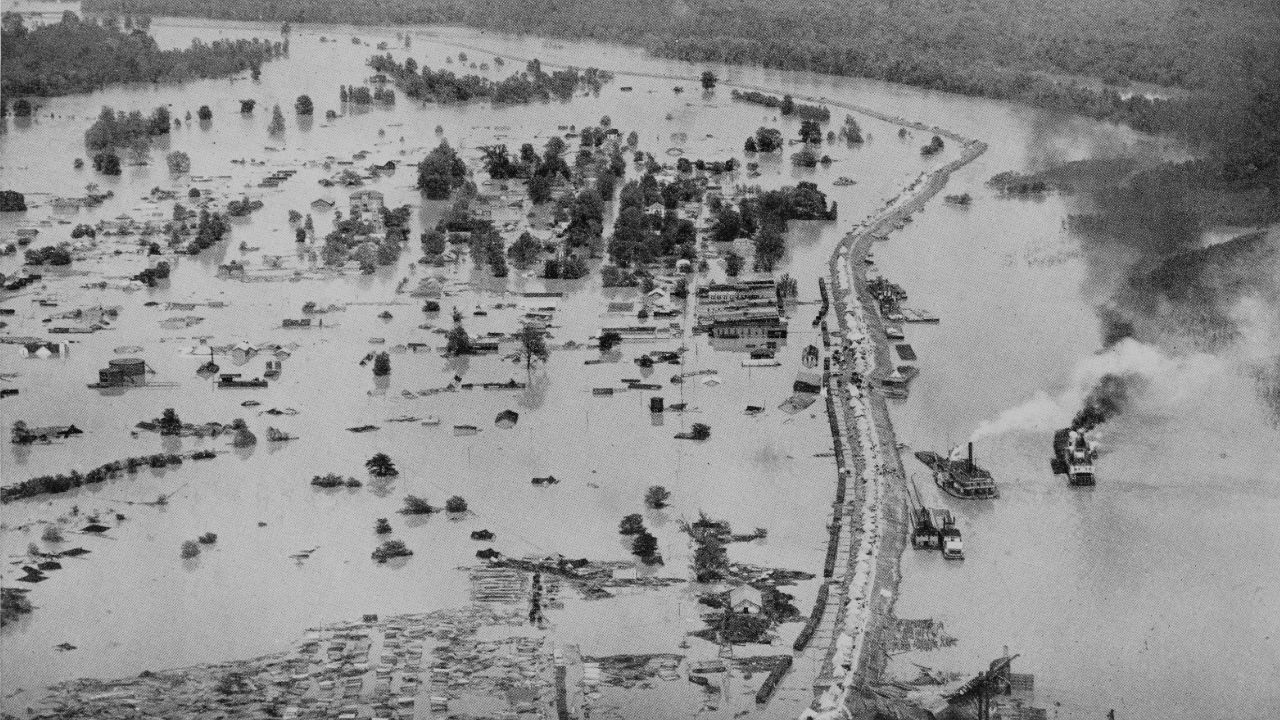A natural disaster may have vaulted a politician to the highest political office and started the government’s role in relief efforts. However, it also led to an important shift in the two-party system.
It’s just one of the ways that weather shaped our political history.
Americans elected Herbert Hoover to the presidency in 1928, just one year after he presided over relief from the historic, devastating Great Mississippi River Flood.
Before this flood, local governments and other organizations such as the Red Cross dealt with natural disasters. The federal government generally wasn’t involved.
The Mississippi River Flood of 1927 was so overwhelming, however, that President Calvin Coolidge eventually tapped Herbert Hoover to oversee relief efforts.
Hoover was the Secretary of Commerce at the time and earned the nickname "the Great Humanitarian" because he led food distribution in Belgium in World War I and followed it up with food programs throughout Europe.
Hoover was known for his ability to pull together resources and coordinate them. During the flood, he orchestrated efforts from federal and local governments, private companies, and the Red Cross.
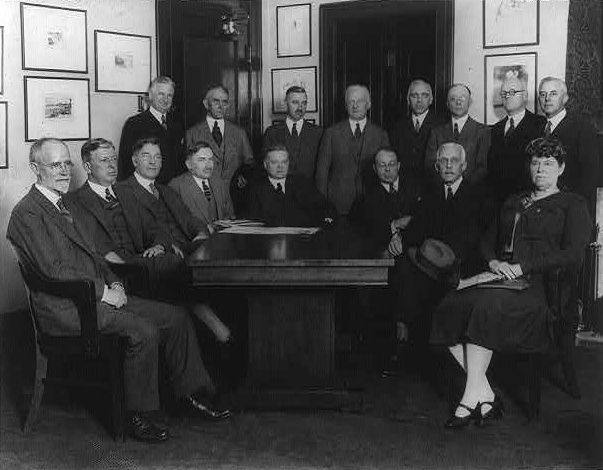
Hoover partly saw his role as a means to an end – he was eyeing the Presidency and knew this was his best opportunity yet. Of the many hats he wore, "publicist" was one of them. He ensured that the work of organizing rescue and recovery fleets was well-known. Widespread positive media reporting cemented the image of Hoover as the flood hero.
His work paid off. President Coolidge chose not to run for a second term and Hoover ended up securing the Republican nomination. He handily won the 1928 election over Democrat Al Smith.
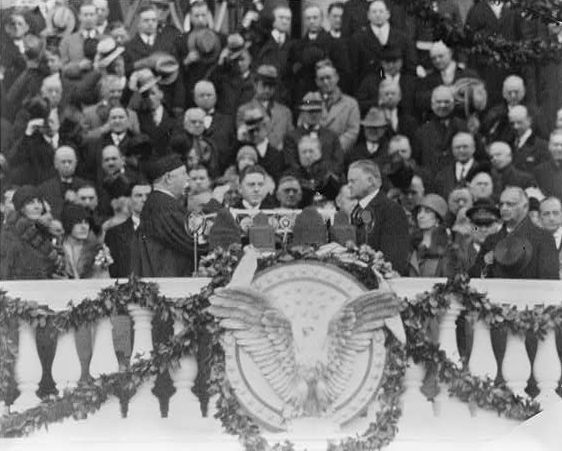
The flood had another political consequence as Sara Georgini, historian at the Massachusetts Historical Society points out.
"Authorities were criticized for providing relief and assistance to the white population," said Georgini. "And the African-American population response was sharply different."
Historians say the government response treated African-Americans in flood areas poorly, including forcing them to perform so-called volunteer work.
Hoover also broke promises regarding resettlement after the flood; African-Americans made up nearly half of the 640,000 people who lost their homes, according to Georgini.
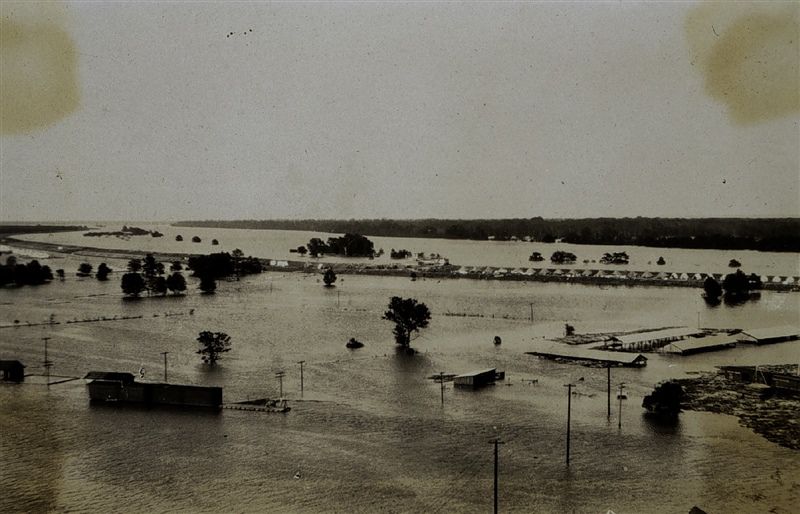
This led to African-Americans shifting their alignments to Democrats from Republicans and also helped accelerate the Great Migration, a period when six million African-Americans moved from the rural South to urban areas in other parts of the United States.
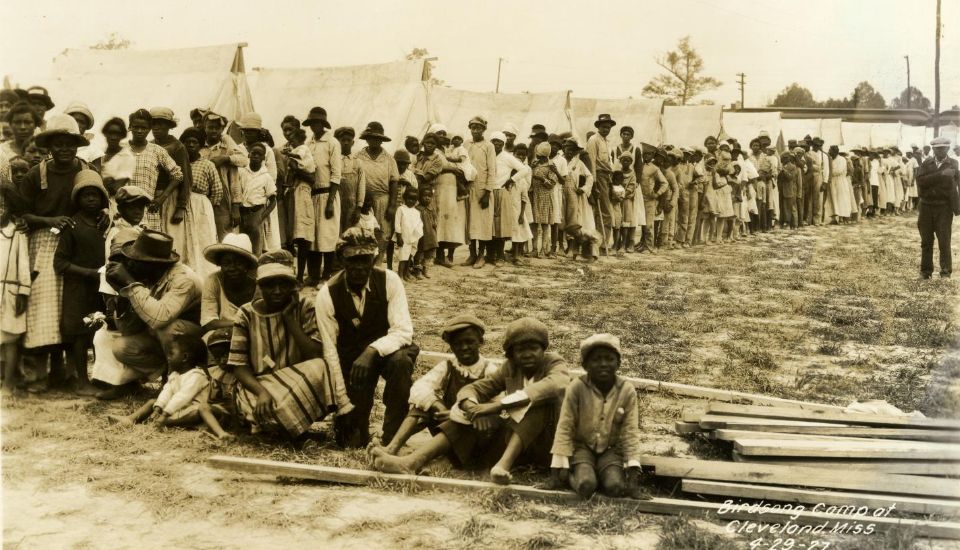
For better or worse, this flood was the first time the federal government had a large role in a natural disaster and there were calls that its scope demanded even more aid. Since then, the federal government has significantly grown its involvement in disaster response and recovery, as well as preparation and mitigation.
Want to learn more about how weather has shaped our political history?
Check out this story on how a force of nature turned Alexander Hamilton into a political force.
Check out this story on how a tornado saved our nation's capital during the War of 1812.
Check out this story on whether or not weather killed the ninth president of the U.S.
Check out this story on how a snowstorm in California affected the 1916 election.



